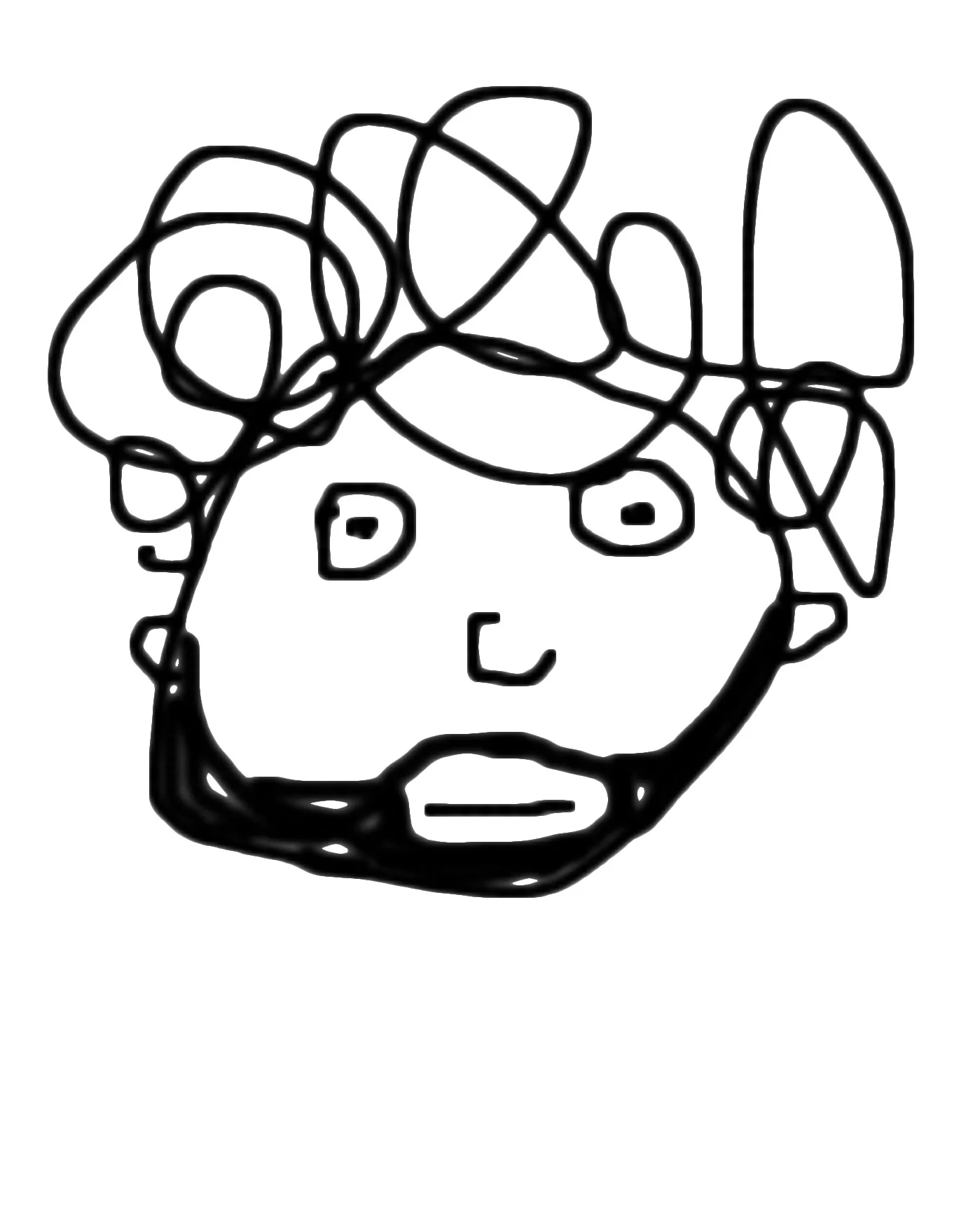You'll Like This
For years, instagram has been absolutely certain that I would love “Masterclass.” And let's face it, it’s not wrong — I am absolutely the target demographic for watching David Lynch and Werner Herzog reflect on their craft, share words of wisdom, and tell a weird long story about a lunch they had with Ringo Starr this one time. So, after years of being bombarded by these targeted ads on every website, on any device I touched, I decided to give in and give it a shot.
But as I began watching, I was struck with a strange sense of deja vu. Had I watched this before? Had I seen this person share these same anecdotes somewhere else? There was something a bit eerie in the utter familiarity of it all. There were a few unique pearls of wisdom in there, and certainly a few “weird lunch” tangents that were memorable, but the overall experience I had was somehow underwhelming. It was well made, pleasant to watch, all in all relatively interesting, but it didn’t inspire, challenge, or surprise me. So… was the algorithm wrong? Was “Masterclass” not for me?
The more I reflected on this, the more I felt that the issue was not that it wasn’t for me, but that it was too much for me. One of the odd byproducts to this data-driven moment in history is that there is now content that is so targeted towards us, so accurately capturing our exact demographic, that it ends up falling flat for that exact reason. It’s good, it’s not bad, but it’s too familiar to be great. I’ve felt this feeling personally with products, TV shows, films, and even political candidates. On paper, the data suggests this should be my favorite thing! So, why isn’t it? Is the data wrong? How could billions and billions of data points be wrong?
I don’t think the data is “wrong,” exactly — I actually think it’s much more complex and insidious than that. More and more, we rely on what’s already happened to determine what should happen next. Spotify knows what I’m listening to, Netflix knows what shows I like, and based on the choices I’ve made in the past, it suggests choices for me to make going forward. The issue with this is that it builds a culture trapped in time. By reinforcing our own identities within a status quo, it makes it much harder to break out and evolve that framework, or to even assess it clearly. It becomes easier to see ourselves as predictable, to see our identities as a collection of accurately scrubbed data points, and to see the system that’s cultivated this identity as immutable, or even inexistent. Algorithms thrive on finding patterns, and patterns can only emerge when the system doesn’t change. It disincentives risk, change, growth, and true revelation. These are required not only for good art, but also for a civilization to adapt and survive. Action against coronavirus is not in the data. Aggressively confronting climate change is not in the data. And if we get too used to the algorithm’s way of thinking, and feel beaten into submission by the identities reflected back at us, we lose our hunger for radical newness. We watch The Office for the fifth time. We follow the rushing current of our demographic, our peers, our party, and lose our will to fight against that flow. And suddenly, we’ve forgotten what change looks like, feels like, and ignore the growing weeds of immobility and stasis until they’ve overtaken us. Because change happens in an instant. Tragedy strikes. A breakthrough opens new doors. There is no long term pattern, no stable passive ecosystem. That’s not how the world works, but the apps aren’t designed to know that. "No, Venmo, I don’t want to send rent to my deceased former roommate anymore. I know that the data suggests I do, but I assure you, I don’t."
So, I guess I sort of recommend “Masterclass, “ but would also suggest that you don’t listen to me, or anyone, about what you should or shouldn’t like. Because when a mountain of data tells you who you are, it will usually be right, but only for a moment. As soon as that moment passes, the data is wrong. It’s a dead document. It’s who you used to be, in a place, in a time, frozen within a certain set of circumstances. But circumstances change. Faster than anyone would like to admit. And so do you.

